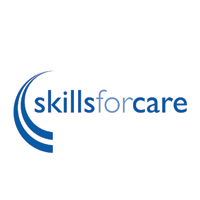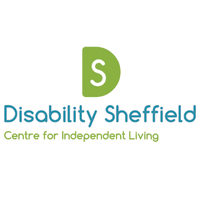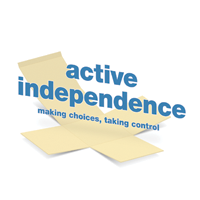Let's talk about Restraints
This online resource was jointly developed by Disability Sheffield, Active Independence and the Sheffield Individual Employer and PA Development Group, and was funded by Skills for Care.
During 2015 we undertook a research project into the subject of restraints. The initial milestone was a report, which can be read in full here.
The findings of that report led to this website, which was launched in March 2016. Its aim is to encourage and facilitate carers, personal assistants and individual employers to navigate the difficult subject of restraint.
The word “restraint” refers to anything that prevents somebody doing something
It's as simple as that! Although the term can refer to almost anything, there are six distinct categories...
Physical Restraint
Mechanical Restraint
Chemical Restraint
Financial Restraint
Restricting choices
Withholding information
Restraints raise issues that are unique to every individual and every situation. This is why it can refer to almost anything. Here are just a few examples we were told of during our research...
- An elderly person might need bed rails to prevent them falling out of bed in the night
- Someone with Alzheimer's may need key pads for their doors to stop them leaving the house and getting lost
- Electronic tracking devices use global positioning technology as a way of locating a person with dementia if they are lost
- Grabbing someone’s arm
- Deep seated chairs that prevent people from getting up without support to stop them wandering
- Anti psychotic medications used to treat people who are experiencing an episode of psychosis
- Being left waiting for help
- Belts to help disabled people sit upright in a wheelchair and prevent them falling out
- Leaving someone in dirty, soiled clothing
- Holding to prevent self-harm or harm of others
- Not being able to go outside and engage in community activities
- Putting things out of reach of someone who has limited mobility
Watch the video
The Social Care Institute for Excellence made this very informative video on the subject of restraints.
It doesn't focus specifically on PAs, but it covers lots of interesting points and important considerations.
Restraint is not widely understood, despite it impacting the lives of many thousands of people. In fact many people aren’t even aware of the need to discuss it.
Even among those who do understand the issue, restraint remains a very sensitive subject and it can be very difficult to discuss.
We need to raise awareness, remove barriers and actively encourage everyone to start conversations that will improve lives.





